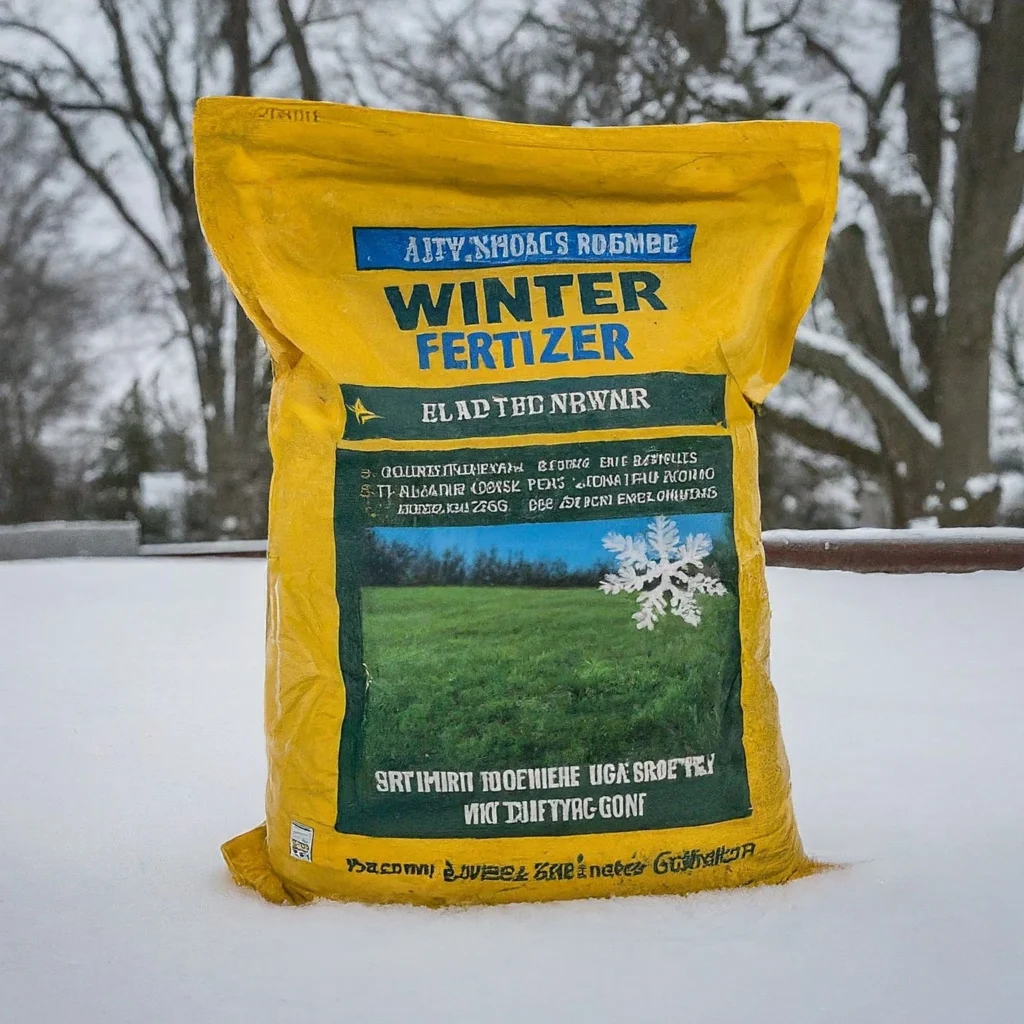When To Apply Winter Fertilizer?
Winter fertilizer application is a bit of a tricky subject, as it depends heavily on your climate and the type of fertilizer you’re using.

Here’s a breakdown to help you make the right decision:
1. The “Not So Cold” Winter:
- Mild Climates: If your winter is mild, with temperatures rarely dropping below freezing, you might be able to apply fertilizer in late fall or early winter.
- Timing: Aim for a time when the ground is still relatively warm, allowing the fertilizer to penetrate the soil before it freezes.
- Type: Use a slow-release fertilizer that will provide nutrients gradually over time, ensuring the lawn has access to them during the spring growth spurt.
2. The “Frigid” Winter:
- Cold Climates: If your winter is harsh with temperatures consistently below freezing, applying fertilizer in winter is generally not recommended.
- Why It’s Not Ideal: The fertilizer won’t be absorbed by the dormant grass and can be washed away by winter rains or snowmelt, potentially polluting waterways.
3. When to Apply, The Golden Rule:
- Early Spring: The best time to apply fertilizer is in early spring when the grass starts to green up and actively grow.
- Timing: This is typically around March or April, depending on your region’s climate.
- Type: Use a granular or liquid fertilizer specifically formulated for spring application.
4. Important Considerations:
- Soil Type: If you have sandy soil that drains quickly, fertilizer application in winter may be less problematic.
- Plant Type: Winter fertilizer applications are often used for cool-season grasses, which remain dormant in winter. Warm-season grasses benefit more from fertilization in spring.
- Check Local Regulations: Some regions have restrictions on fertilizer application during certain times of the year. Check with your local authorities for guidelines.
5. Alternatives to Winter Fertilization:
- Fall Application: A light application of fertilizer in late fall can help promote healthy root growth and prepare your lawn for spring.
- Composting: Adding compost to your lawn in fall or spring improves soil fertility and provides nutrients naturally.
Remember: Proper fertilization is key to a healthy and vibrant lawn. Choosing the right time and type of fertilizer is crucial. Always check with local guidelines and experts to determine the best approach for your specific situation.
Related Posts

Greenhouse For Winter Gardening

Azalea Bush in Winter: A Guide to Winter Care

